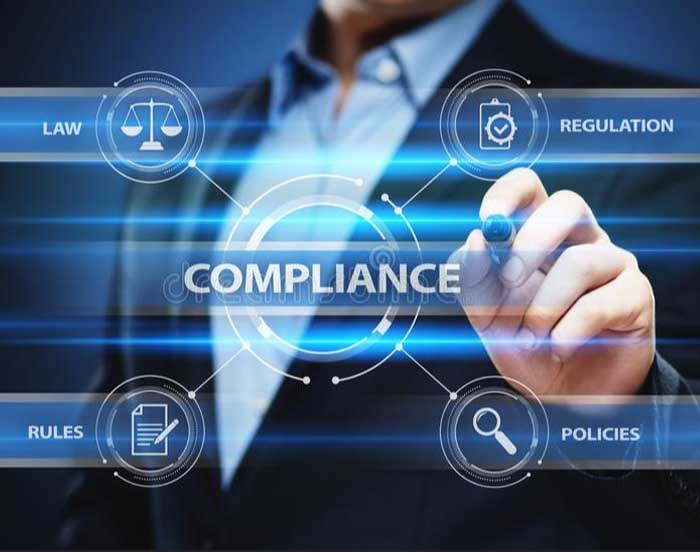
GDPR
The GDPR applies to ‘controllers’ and ‘processors’.
A controller determines the purposes and means of processing personal data.
A processor is responsible for processing personal data on behalf of a controller.
If you are a processor, the GDPR places specific legal obligations on you; for example, you are required to maintain records of personal data and processing activities. You will have legal liability if you are responsible for a breach.
However, if you are a controller, you are not relieved of your obligations where a processor is involved – the GDPR places further obligations on you to ensure your contracts with processors comply with the GDPR.
The GDPR applies to processing carried out by organisations operating within the EU. It also applies to organisations outside the EU that offer goods or services to individuals in the EU.
The GDPR does not apply to certain activities including processing covered by the Law Enforcement Directive, processing for national security purposes and processing carried out by individuals purely for personal/household activities.
Understanding whether you are processing personal data is critical to understanding whether the GDPR applies to your activities.
Personal data is information that relates to an identified or identifiable individual.
What identifies an individual could be as simple as a name or a number or could include other identifiers such as an IP address or a cookie identifier, or other factors.
If it is possible to identify an individual directly from the information you are processing, then that information may be personal data.
If you cannot directly identify an individual from that information, then you need to consider whether the individual is still identifiable. You should take into account the information you are processing together with all the means reasonably likely to be used by either you or any other person to identify that individual.
Even if an individual is identified or identifiable, directly or indirectly, from the data you are processing, it is not personal data unless it ‘relates to’ the individual.
When considering whether information ‘relates to’ an individual, you need to take into account a range of factors, including the content of the information, the purpose or purposes for which you are processing it and the likely impact or effect of that processing on the individual.
It is possible that the same information is personal data for one controller’s purposes but is not personal data for the purposes of another controller.
Information which has had identifiers removed or replaced in order to pseudonymise the data is still personal data for the purposes of GDPR.
Information which is truly anonymous is not covered by the GDPR.
If information that seems to relate to a particular individual is inaccurate (ie it is factually incorrect or is about a different individual), the information is still personal data, as it relates to that individual.
What is personal data?
The GDPR applies to the processing of personal data that is: wholly or partly by automated means; or
the processing other than by automated means of personal data which forms part of, or is intended to form part of, a filing system.
Personal data only includes information relating to natural persons who:
can be identified or who are identifiable, directly from the information in question; or
who can be indirectly identified from that information in combination with other information.
Personal data may also include special categories of personal data or criminal conviction and offences data. These are considered to be more sensitive and you may only process them in more
02 August 2018 – 1.0.248 10
limited circumstances.
Pseudonymised data can help reduce privacy risks by making it more difficult to identify individuals, but it is still personal data.
If personal data can be truly anonymised then the anonymised data is not subject to the GDPR. It is important to understand what personal data is in order to understand if the data has been anonymised.
Information about a deceased person does not constitute personal data and therefore is not subject to the GDPR.
Information about companies or public authorities is not personal data.
However, information about individuals acting as sole traders, employees, partners and company directors where they are individually identifiable and the information relates to them as an individual may constitute personal data.
What are identifiers and related factors?
An individual is ‘identified’ or ‘identifiable’ if you can distinguish them from other individuals.
A name is perhaps the most common means of identifying someone. However whether any potential identifier actually identifies an individual depends on the context.
